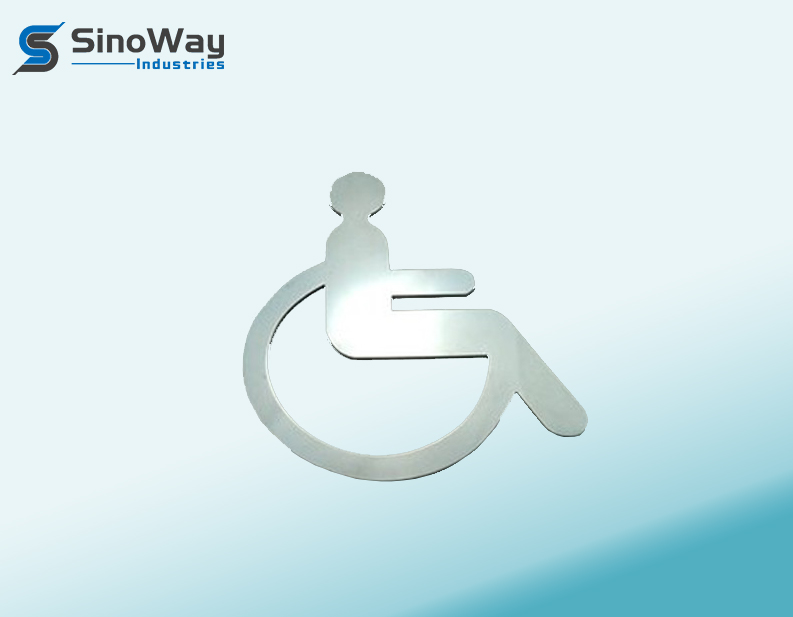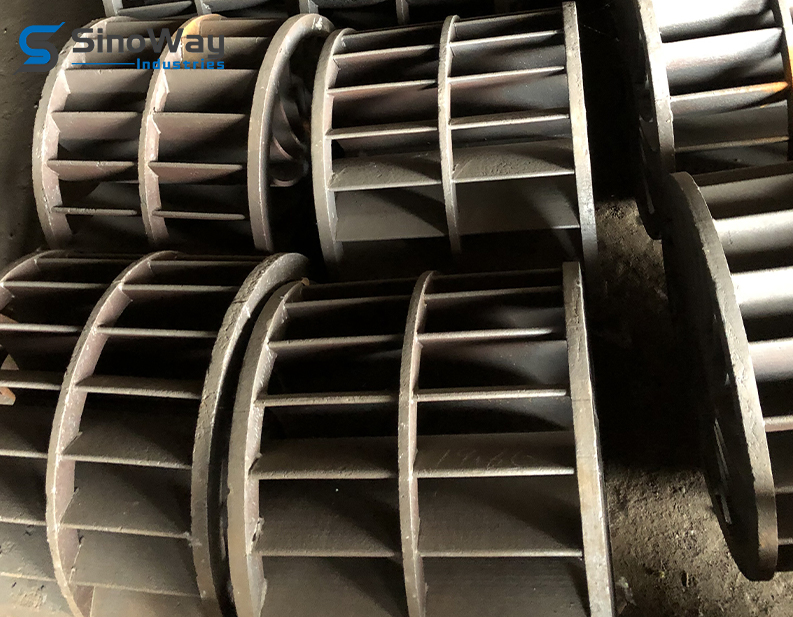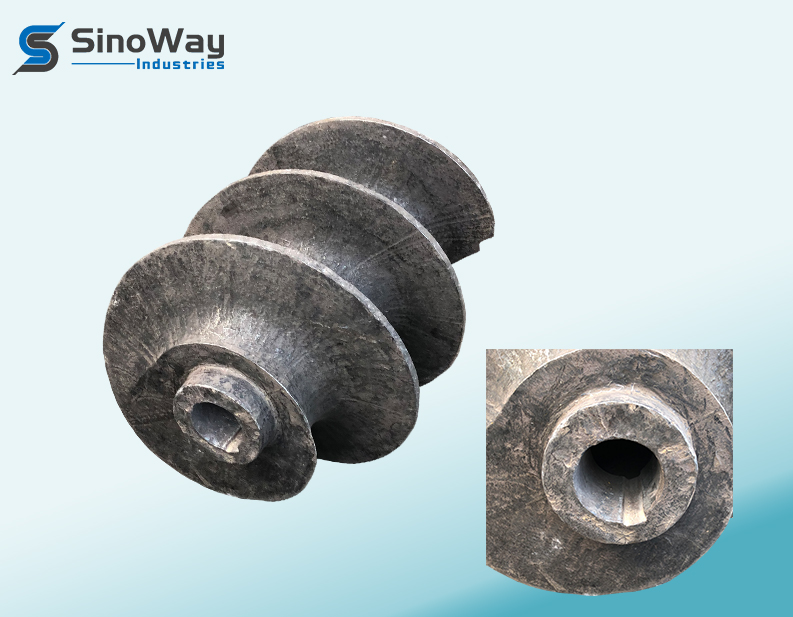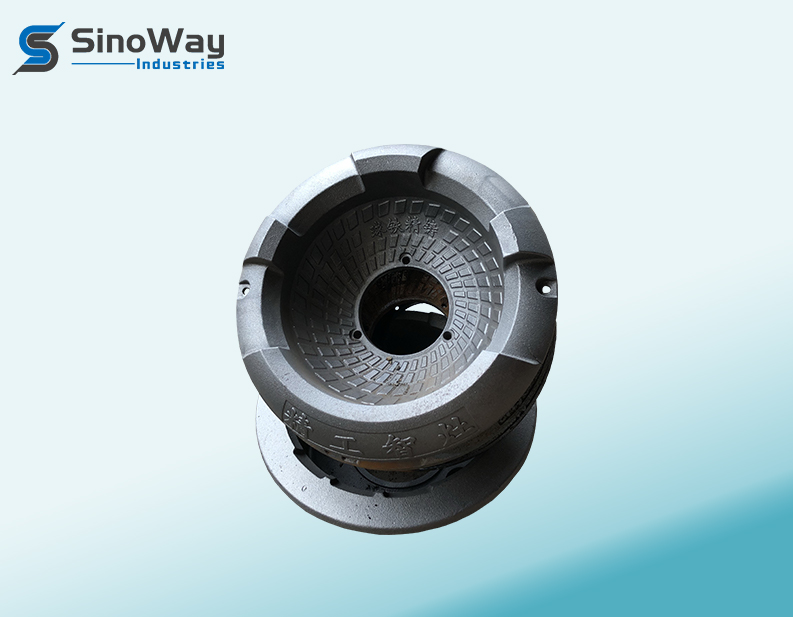Introduction to Metal Punching in HVAC Manufacturing
In the world of heating, ventilation, and air conditioning (HVAC), precision and durability are essential. As a leading sheet metal manufacturer, Sinoway has embraced cutting-edge metal punching techniques to deliver components that meet the highest standards. Metal punching is a process that combines strength, speed, and accuracy, making it an indispensable part of modern HVAC system production. This article explores how Sinoway leverages metal punching to ensure top-quality HVAC solutions, while also touching on related concepts like laser cutting and custom ductwork.
Understanding Metal Punching and Its Importance
Metal punching involves using a punch press to create holes or shapes in sheet metal. The process utilizes a punch and die set, where the punch forces the metal into the die, shearing it cleanly and efficiently. For HVAC systems, this technique is invaluable, as it enables the rapid production of panels, brackets, grilles, and other components with consistent accuracy.
At Sinoway, we recognize that HVAC systems demand parts that fit precisely and withstand years of use. Metal punching delivers on both fronts, ensuring every piece meets strict specifications and can handle the rigors of daily operation.
The Advantages of Metal Punching for HVAC
- Speed: High-speed punch presses can produce large quantities of parts in minimal time, supporting tight project deadlines.
- Accuracy: Modern CNC-controlled punching machines guarantee repeatability and minimal tolerances.
- Strength: The process maintains the integrity of the metal, ensuring structural strength in every component.
- Cost-effectiveness: Punching is ideal for medium to high-volume production, reducing per-unit costs.
Sinoway’s Approach to Sheet Metal Punching
As a trusted sheet metal manufacturer, Sinoway invests in the latest punching technology, including CNC turret punch presses. These machines allow for complex patterns and multiple hole sizes in a single setup, streamlining production for HVAC applications. Our skilled engineers program every job to maximize material use and minimize waste, supporting both sustainability and cost savings.
Our in-house quality control ensures that every punched part meets the strict standards required for HVAC systems. Whether it’s a standard panel or a custom bracket, Sinoway’s attention to detail guarantees a perfect fit every time.
Materials Used in Metal Punching
- Galvanized Steel: Commonly used for ductwork due to its corrosion resistance.
- Aluminum: Lightweight and ideal for certain HVAC components.
- Stainless Steel: Used where strength and corrosion resistance are paramount.
Comparing Metal Punching with Laser Cutting
While metal punching is the backbone of HVAC component manufacturing, laser cutting is another key technology. Laser cutting uses high-powered lasers to cut intricate shapes and is ideal for complex designs or low-volume runs. Sinoway offers both services, allowing clients to choose the best method for their needs.
| Feature | Metal Punching | Laser Cutting |
|---|---|---|
| Speed | Faster for repetitive shapes | Slower for thick or complex parts |
| Precision | High for standard shapes | Very high for intricate designs |
| Material Waste | Low with proper nesting | Minimal, but depends on design |
| Cost | Lower for high-volume runs | Better for prototypes or custom jobs |
For many HVAC projects, a combination of metal punching and laser cutting ensures the perfect balance of efficiency and flexibility.
Custom Ductwork: Where Metal Punching Shines
One of the most common requests Sinoway receives is for custom ductwork. Every building has unique requirements, and off-the-shelf solutions rarely suffice. Metal punching is ideal for fabricating custom ducts, as it allows us to create precise holes for airflow, mounting, and integration with other HVAC components.
With our advanced machinery, we can quickly adapt to changes in design, ensuring that custom ductwork is delivered on time and to exact specifications. Our expertise extends from small residential projects to large-scale commercial installations, all benefiting from the reliability of punched sheet metal.
Benefits of Custom Ductwork by Sinoway
- Optimized airflow and energy efficiency
- Seamless integration with existing systems
- Reduced installation time and labor costs
- Enhanced durability and longevity
Quality Assurance and Industry Standards
Sinoway is committed to delivering products that not only meet but exceed industry standards. Our metal punching process is subject to rigorous testing, including dimensional checks, material strength assessments, and surface finish inspections. We work closely with HVAC engineers and contractors to ensure every component performs flawlessly in the field.
Our dedication to quality extends to our customer service. We provide full documentation, traceability, and ongoing support to our clients, making Sinoway a trusted partner for all HVAC sheet metal needs.
Future Trends: Automation and Sustainability
The future of metal punching in HVAC manufacturing is bright. Automation is enabling even greater accuracy and efficiency, while advances in material science are expanding the range of metals that can be punched. Sinoway is at the forefront of these trends, investing in eco-friendly processes and recycling initiatives to reduce our environmental footprint.
Furthermore, integration with digital design tools allows for rapid prototyping and customization, ensuring that even the most complex HVAC systems can be supported with precision-engineered sheet metal parts.
Conclusion: Why Choose Sinoway for HVAC Metal Punching?
When it comes to HVAC systems, strength and accuracy are non-negotiable. Sinoway’s expertise in metal punching, combined with our commitment to innovation and quality, makes us the ideal partner for your next project. From standard panels to custom ductwork, our team delivers solutions that stand the test of time.
Contact Sinoway today to discover how our advanced sheet metal manufacturing can elevate your HVAC systems to new heights of performance and reliability.







